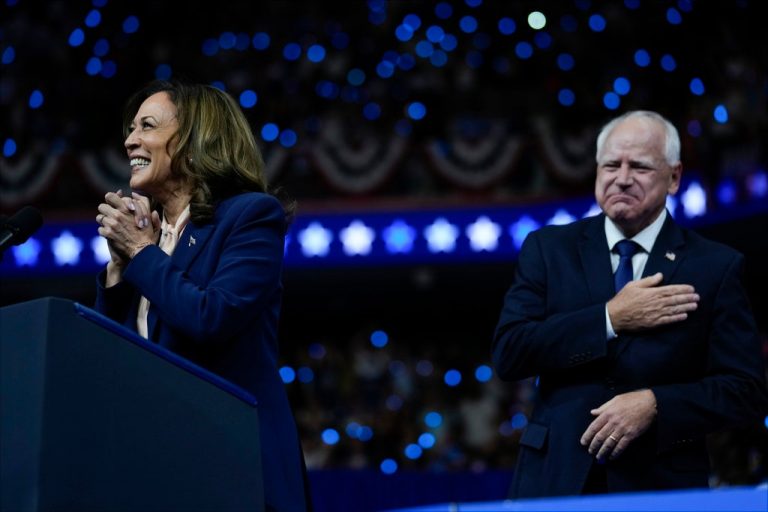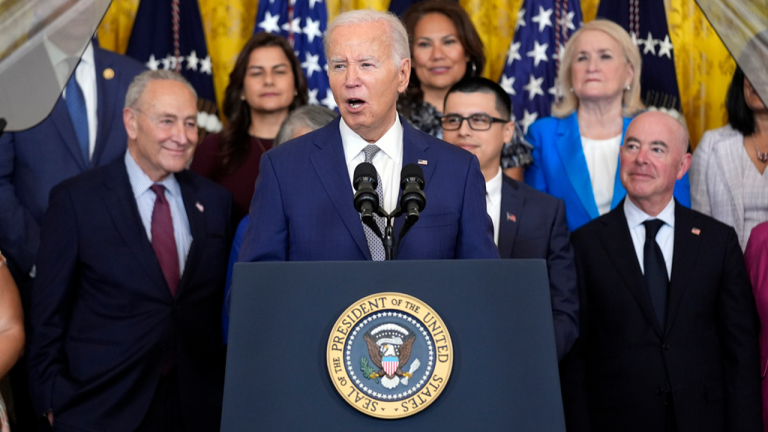House passes defense bill that automatically registers men aged 18-26 for draft.
The House of Representatives recently passed a significant measure that automatically registers men aged 18 to 26 for selective service. This measure was included in the annual National Defense Authorization Act (NDAA), which outlines the military and national security priorities for the upcoming fiscal year. The current NDAA authorizes a substantial $895.2 billion in military spending, marking a $9 billion increase from the previous fiscal year.
Although selective service registration has not been invoked for over fifty years, it remains mandatory for all male U.S. citizens to register when they turn 18. Failure to register is considered a felony and can lead to various legal consequences. Proponents of the recent measure argue that it will streamline the registration process, helping citizens avoid legal issues and reducing taxpayer dollars spent on prosecuting non-registrants.
This initiative was spearheaded by Rep. Chrissy Houlahan, D-Pa., and was successfully included in the House Armed Services Committee’s version of the NDAA back in May. The committee overwhelmingly passed the NDAA with a 57 to 1 vote, showcasing bipartisan support for this crucial measure.
“By utilizing available federal databases, the Selective Service agency will be able to efficiently register all eligible individuals, ensuring fairness and equity in any future military draft,” stated Houlahan during the debate. The goal is to allocate resources towards military readiness and mobilization, rather than spending excessively on registration campaigns.
In addition to the selective service measure, the NDAA also included historic pay raises for military personnel, with a remarkable 19.5% increase for junior enlisted troops and a 4.5% increase for others. Furthermore, the funding allocated in the NDAA will support the procurement of two new Virginia-class submarines and establish a drone force within the U.S. Army, among various other provisions aimed at bolstering national defense.
Following its passage in the House by a vote of 217 to 199, the NDAA is now headed to the Senate for further consideration. However, Senate Majority Leader Chuck Schumer, D-N.Y., has expressed concerns over certain amendments included in the bill, such as those related to funding for abortion, transgender medical care, and diversity efforts.
“The legislation passed by the House today contains divisive amendments that are unlikely to gain approval in the Senate,” Schumer remarked. Moving forward, he emphasized the importance of bipartisan collaboration to ensure the passage of legislation that respects and honors all individuals who serve in defense of the nation.
Despite these challenges, the passage of the NDAA in the House signifies a significant step towards advancing the country’s military and national security priorities for the upcoming fiscal year. As discussions continue in the Senate, lawmakers will need to navigate differences and work towards a consensus that best serves the interests of the nation.








